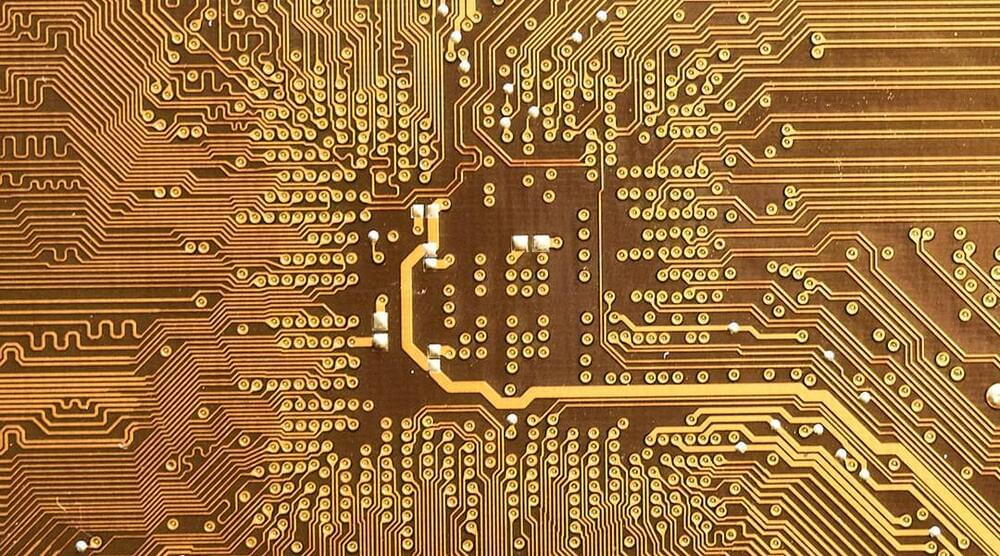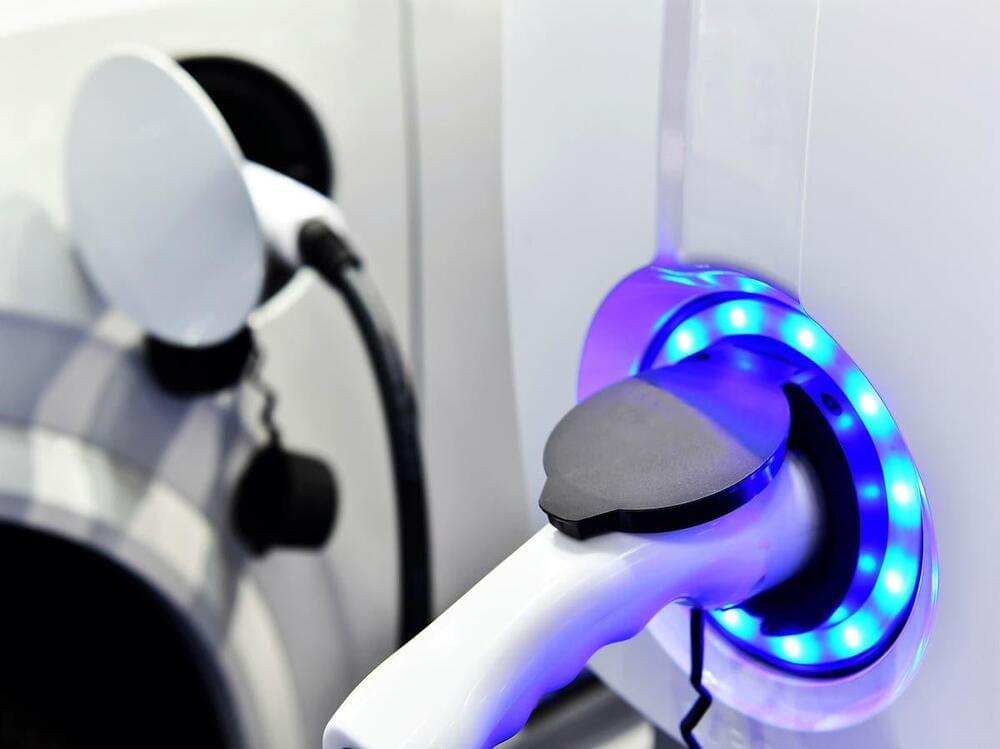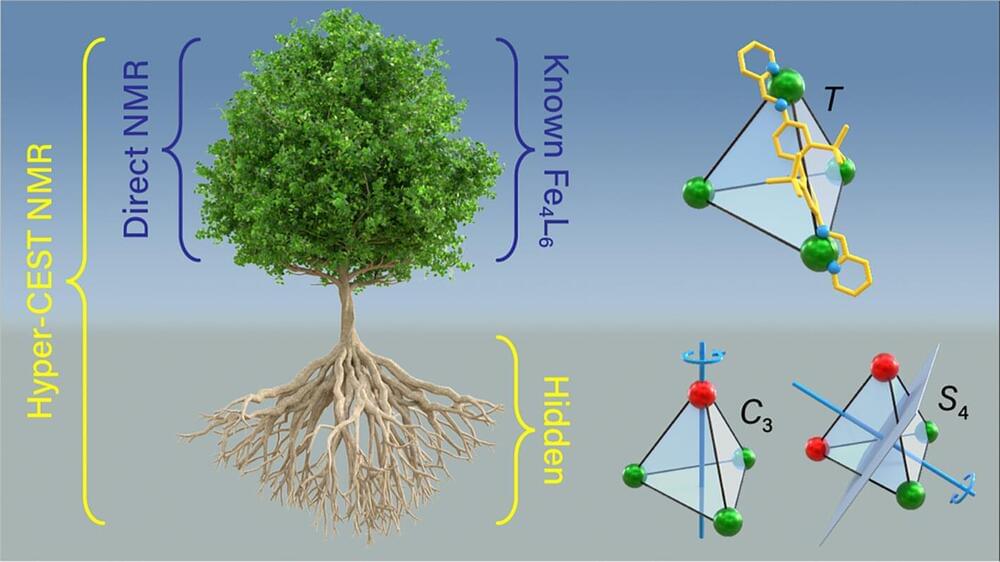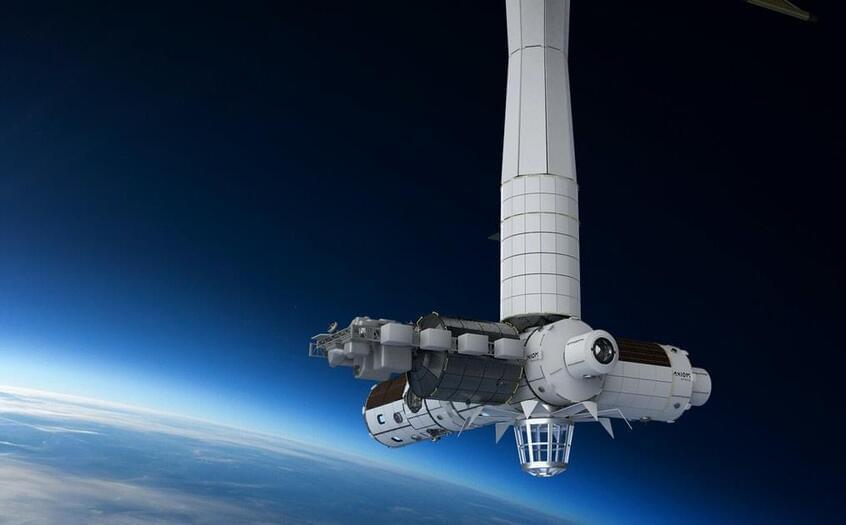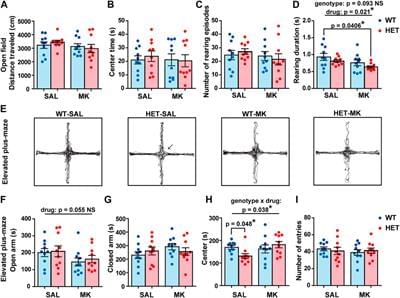Glutamate decarboxylase 67-kDa isoform (GAD67), which is encoded by the GAD1 gene, is one of the key enzymes that produce GABA. The reduced expression of GAD67 has been linked to the pathophysiology of schizophrenia. Additionally, the excitatory glutamatergic system plays an important role in the development of this disorder. Animal model studies have revealed that chronic blockade of NMDA-type glutamate receptors can cause GABAergic dysfunction and long-lasting behavioral abnormalities. Based on these findings, we speculated that Gad1 haplodeficiency combined with chronic NMDA receptor blockade would lead to larger behavioral consequences relevant to schizophrenia in a rat model. In this study, we administered an NMDAR antagonist, MK-801 (0.2 mg/kg), to CRISPR/Cas9-generated Gad1+/− rats during adolescence to test this hypothesis. The MK-801 treated Gad1+/− rats showed a shorter duration in each rearing episode in the open field test than the saline-treated Gad1+/+ rats. In contrast, immobility in the forced swim test was increased and fear extinction was impaired in Gad1+/− rats irrespective of MK-801 treatment. Interestingly, the time spent in the center region of the elevated plus-maze was significantly affected only in the saline-treated Gad1+/− rats. Additionally, the MK-801-induced impairment of the social novelty preference was not observed in Gad1+/− rats. These results suggest that the synergistic and additive effects of Gad1 haplodeficiency and NMDA receptor blockade during adolescence on the pathogenesis of schizophrenia may be more limited than expected. Findings from this study also imply that these two factors mainly affect negative or affective symptoms, rather than positive symptoms.
γ-Aminobutyric acid (GABA) is a primary inhibitory neurotransmitter in the central nervous system (Obata, 2013). Post-mortem brain studies on schizophrenia have shown that GABAergic disturbances are part of the pathophysiology of the disorder (Lewis and Sweet, 2009). In particular, the expression level of the GABA-synthesizing enzyme glutamate decarboxylase 67-kDa isoform (GAD67) is lower in the cerebral cortex of patients with schizophrenia than in that of healthy subjects (Guidotti et al., 2000; Volk et al., 2000; Hashimoto et al., 2003; Hashimoto et al., 2008; Curley et al., 2011). GAD67 is encoded by the GAD1 gene, whose SNPs are also suggested to be risk factors for schizophrenia (Addington et al., 2005). We previously reported that Gad1−/− rats displayed some schizophrenia-relevant behaviors, including working memory, which is important for the functional outcome of schizophrenia (Fujihara et al., 2020a).

